
Addiction recovery is a lifelong journey that extends beyond a treatment program. Addiction aftercare programs in Austin can go a long way in setting you up for lasting success in recovery.
When you complete a drug treatment program, you set the stage for living a positive, recovery-centered life. With your newfound health and confidence, you may feel like a new person, ready to take on the world. However, it’s important to be aware that you are still vulnerable to the triggers and stressors in your daily life that can lead to relapse. In order to minimize the risk of relapse and help facilitate the transition into life after an addiction treatment program, it is highly recommended that you attend an aftercare program.
Addiction aftercare programs are crucial in helping you build the life skills and relapse prevention techniques you need as you transition back into your day-to-day life. Aftercare programs can also help you build confidence and self-worth as a sober person. If you are interested in aftercare services in Austin or would like to learn about the benefits of aftercare programs, call Ava Recovery today.
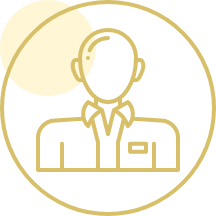
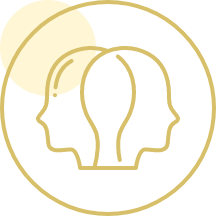
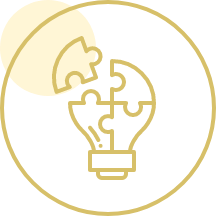
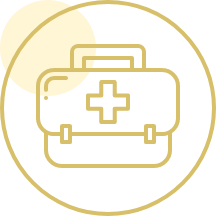

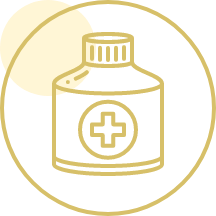


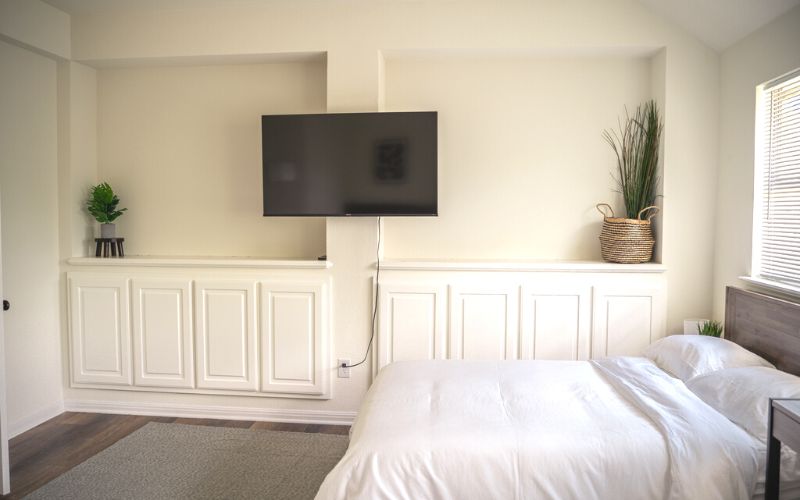











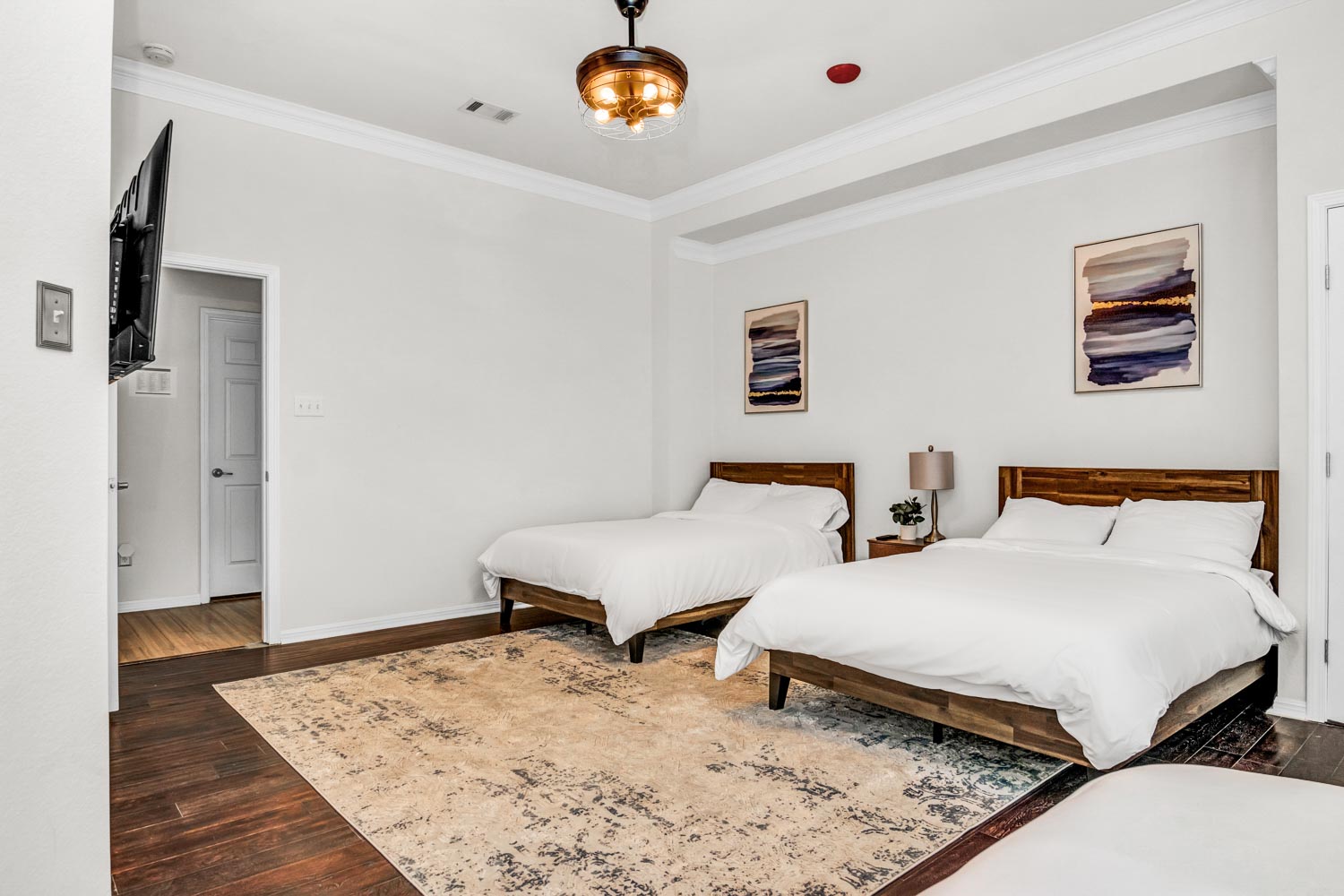


Simply defined, addiction aftercare programs support people who are in early recovery, minimize their risk of relapse, and help them work towards their long-term life goals. In many ways, aftercare planning is similar to the discharge plans created by medical personnel when someone is hospitalized with a chronic condition. Just like other chronic conditions drug addiction requires a set of strategies to help people make lifestyle changes that support their wellbeing and manage their recovery long-term.
Addiction aftercare planning takes place after an individual has completed a treatment program. It’s often the next step after completing inpatient treatment and helps individuals prepare for the next stage in their recovery journey.
There are various forms of addiction aftercare sources available. Different treatment services offer different services as part of their aftercare programs. It’s important to note that aftercare is often a highly personalized aspect of treatment. Each person’s experience with addiction and circumstances are unique, meaning that what they will need when transitioning back into their daily lives will also be highly unique. Addiction treatment providers often take in a person’s individual needs and circumstances into account when crafting an aftercare program to ensure it aligns with what works best for them.
Addiction aftercare will look different for everyone, but an aftercare plan may include connecting clients with:
Each of these different elements can provide support in helping individuals take the next step in their recovery journey. Not all clients will need all aspects of aftercare — your therapist and provider team can help you determine what may most impactful in helping you navigate life after an addiction treatment program.
Learn more about our expert, medical drug & alcohol detox in Austin, Texas at Ava Recovery.



The most important component of comprehensive aftercare planning in Austin is ensuring continuing care for recovery. This can involve transitioning into an outpatient care level that is most suitable for your recovery needs. If the client has a stable home environment and solid support from family members and friends, a traditional outpatient treatment program for substance use disorders is appropriate. For those that may need more structured care as well as medication management services, an intensive outpatient program (IOP) may be a more appropriate option. Other clients may benefit from a sober living home, which provides a supportive space for individuals to continue to develop life skills and relapse prevention strategies.
While a client may feel confident and assured when they leave residential substance abuse treatment, they may face challenges when handling the triggers and stressors of their home environment. To minimize the risk of relapse, clients must develop a relapse prevention plan. A good relapse prevention program helps clients identify their triggers, reaffirm their motivations for recovery, and create strategies for how to handle cravings for drug use or alcohol use as they come up. This plan can include continued attendance of 12-step meetings, exercise programs, mindful meditation practice, journaling, and check-ins with loved ones.
Having a solid support network is vital to lasting recovery. Aftercare programs in Austin place a strong emphasis on clients developing, nurturing, and growing a solid support system consisting of family, friends, recovering peers, counselors, and others who provide encouragement and motivation to those newly sober. While encouragement is an important feature in a support system, people in that support system also hold the client accountable in the event they are slipping in their recovery efforts.
An integral part of aftercare planning is connecting with local resources that help clients build on their recovery. This may include finding local Alcoholics Anonymous (AA) or Narcotics Anonymous (NA) groups. In addition to continued involvement in 12-step groups, individual therapy, and family programs, clients have access to addiction-trained therapists in their community. Also, clients can have contact with community resources that can aid them in finding work, continuing their academics, and helping with budgeting and financial planning.
Another essential facet of aftercare services in Austin is the development of healthy coping skills clients can use to deal with triggers and stressors in their everyday life. In addition to exercise programs, mindful meditation, and attending 12-step meetings, clients can learn new coping strategies such as the following:
It is vital for those in aftercare programs in Austin to still have ties with the residential rehab facility. Many inpatient facilities feature alumni programs in which new graduates can connect with those who completed treatment programs and have been sober a considerable length of time. Those new in recovery can also contact their therapists and other staff members from their residential rehab program to assess their progress and get additional support.
Located just outside metro Austin, in Buda, Texas, we offer you a luxury environment that encourages healing and rejuvenation. Our secluded property provides you with a safe and comfortable, world-class setting where you can focus on your recovery.
We offer free consultations to anyone who reaches out for help. Did you know most major insurance carriers will cover the costs associated with treatment? Contact our trusted treatment team today to discuss your personal options for treatment.
Ava Recovery is proud to offer a variety of treatment options to provide you with a treatment plan that fits your needs. From detox to residential inpatient to aftercare and beyond, we’re with you each step of the way. Learn more about how we can help right now.




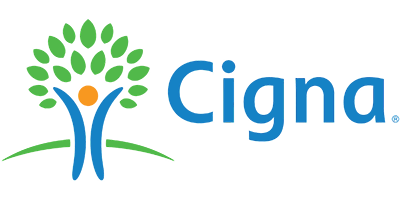

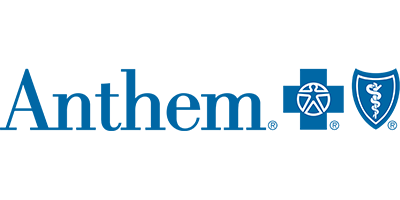


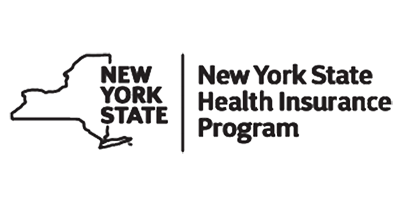
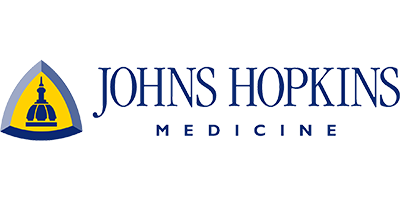
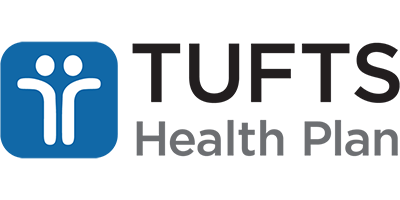

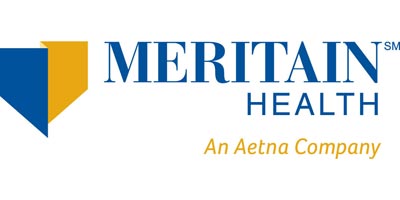
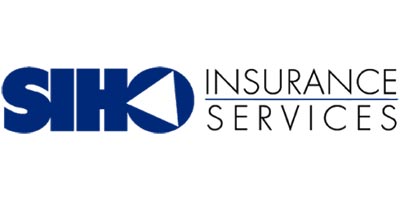
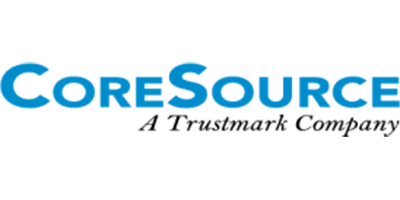
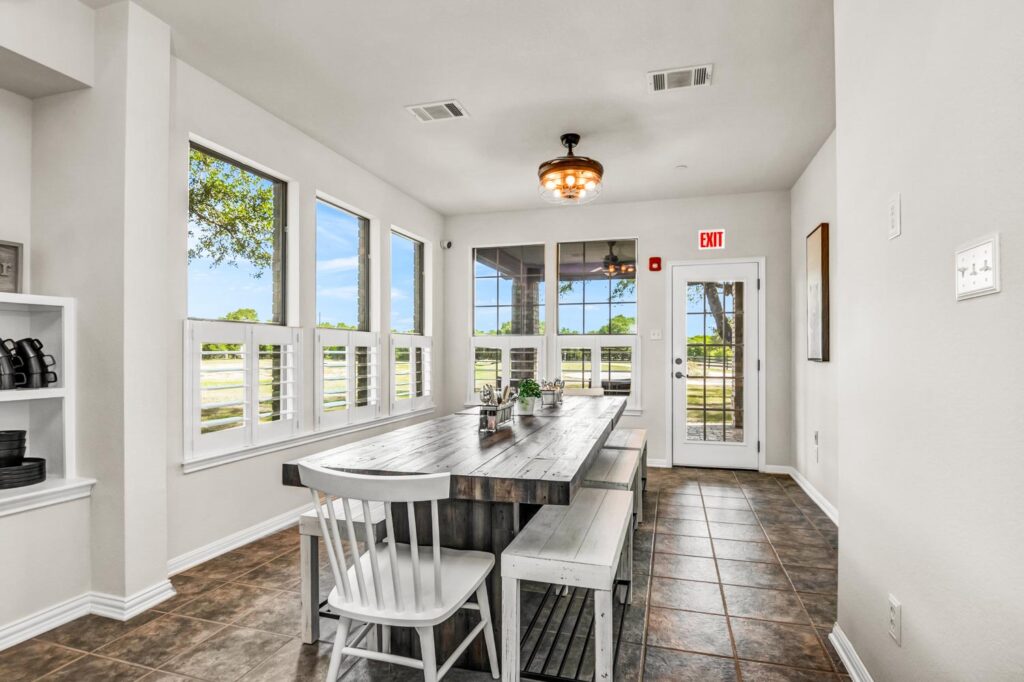

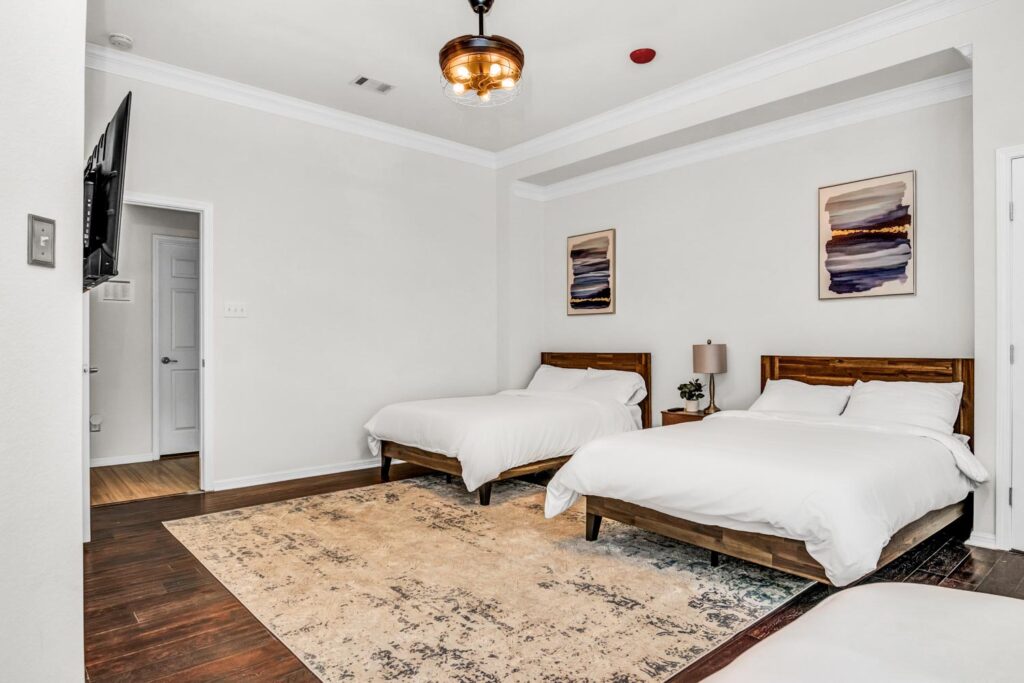
If you have completed treatment or are close to completing a treatment program, it is a major milestone that should fill you with pride. While you feel confident and healthy, all it takes is one slip, and you are back at square one. In order to protect your hard-earned sobriety, it is highly recommended that you attend an aftercare program. Call Ava Recovery toll-free today at (833) 330-3009 if you are looking for an aftercare program in Austin that will give you the tools you need to succeed in recovery.
Our dedicated treatment team will work with you to find an aftercare program that fits your specific needs. Whether it’s ongoing therapy, continued 12-step programs, or introducing you to vital community resources, we will help you become more confident and self-assured in your recovery. Recovery is lifelong, and Ava Recovery’s aftercare programs will give you the support you need as long as you need. Call us right now.

Addiction treatment aftercare refers to preparing clients for the next step in their recovery journey after they have completed a treatment program. This is an essential step to help individuals maintain their newfound sobriety as they leave the treatment environment and head back into their daily lives. At Ava Recovery, we strive to empower our clients to embrace this next phase of recovery with confidence. We prepare our clients for this transition with diligent aftercare planning services.
Aftercare involves a client meeting with their treatment team to identify their next steps after completing a program. Therapists and staff members may be able to provide clients with insight into finding the appropriate level of outpatient care as needed, and they may be able to connect clients with recovery resources in their community. At Ava Recovery, our aftercare is tailored to support the needs of each of our clients’ unique needs and circumstances.
Aftercare will look different for everyone. Each person has unique circumstances—such as their living situation, work and school obligations, treatment needs, and more—that will inform what their aftercare will look like. In general, an aftercare plan may include:
Addiction aftercare is important because it helps individuals bridge the gap between an inpatient treatment program and daily living. It helps individuals identify the steps between their residential treatment and daily life that they need to take to feel most secure in their sobriety. Addiction aftercare programs help individuals create relapse prevention plans so they are equipped to handle challenges as they come.
The best way to find the right aftercare support for addiction recovery is to work with a treatment team who is familiar with you and your personal goals and circumstances. Your therapists and other staff members will be able to provide information about what may be the most suitable step for you.
Aftercare can help prevent relapse by providing a clear roadmap for the next steps in an individual’s recovery journey. This sense of structure can be vital for navigating the early days of recovery. Additionally, aftercare involves helping clients locate resources that can help them maintain their recovery.
Aftercare planning can also include creating a relapse prevention plan. This plan can help individuals cope with triggers and stressors in a healthy manner rather than resorting to substance use, which can in turn help prevent relapse. By equipping individuals with these skills, aftercare empowers them to prevent a relapse when faced with challenges on the road to recovery.
